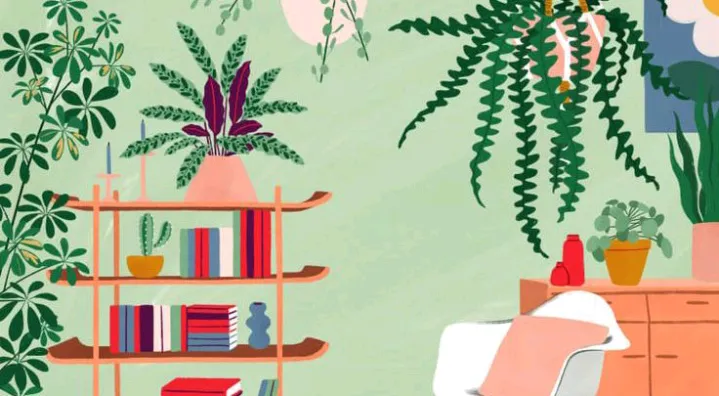Gaining a tolerance for chaos
When we face complexity in life,we feel
subtly discouraged before we even try
anything. More and more people in overheated environment will tempted to opt out. They will develop a greater
taste for ease and comfort, they will increasingly settle on simplified ideas of reality and conventional ways of thinking. They will fall prey to seductive formulas that offer quick and easy knowledge. They will loose a taste for developing a skill that requires time,
because it can hurt our self esteem in the initial phase of learning a skill, as we are made so aware of our awkwardness. Such...
subtly discouraged before we even try
anything. More and more people in overheated environment will tempted to opt out. They will develop a greater
taste for ease and comfort, they will increasingly settle on simplified ideas of reality and conventional ways of thinking. They will fall prey to seductive formulas that offer quick and easy knowledge. They will loose a taste for developing a skill that requires time,
because it can hurt our self esteem in the initial phase of learning a skill, as we are made so aware of our awkwardness. Such...





